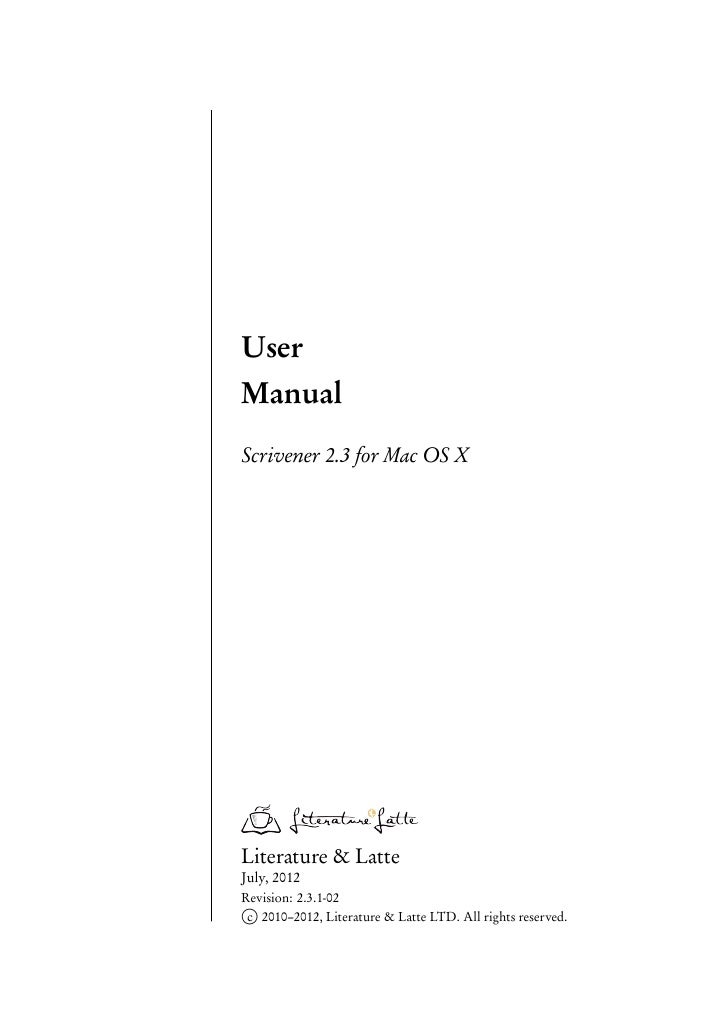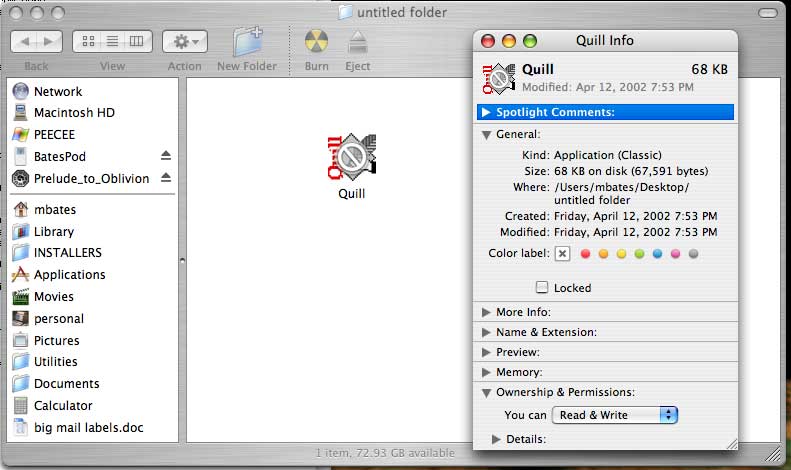MacPorts is an easy to use system for compiling, installing, and managing open source software. MacPorts may be conceptually divided into two main parts: the infrastructure, known as MacPorts base, and the set of available ports. A MacPorts port is a set of specifications contained in a Portfile that defines an application, its characteristics, and any files or special instructions required to install it. This allows you to use a single command to tell MacPorts to automatically download, compile, and install applications and libraries. But using MacPorts to manage your open source software provides several other significant advantages. For example, MacPorts:


Mac Os Rsync Manual Free

Written for Unix operating systems, rsync is included with the Mac and can be accessed directly from Terminal, or used within a number of scripting languages. The rsync program has a number of features that make it a good candidate for building local, as well as remote, backup, archiving, and synchronization systems.
Installs automatically any required support software, known as dependencies, for a given port.
Provides for uninstalls and upgrades for installed ports.
Confines ported software to a private “sandbox” that keeps it from intermingling with your operating system and its vendor-supplied software to prevent them from becoming corrupted.
Allows you to create pre-compiled binary installers of ported applications to quickly install software on remote computers without compiling from source code.
MacPorts is developed on macOS, though it is designed to be portable so it can work on other Unix-like systems, especially those descended from the Berkeley Software Distribution (BSD). In practice, installing ports only works on macOS. MacPorts base can be compiled on Linux (and possibly other POSIX-compatible systems) where it is mainly used to set up mirrors and generate support files for installations on macOS.
The following notational conventions are used in the MacPorts Guide to distinguish between terminal input/output, file text, and other special text types.
Rsync Automator
- Mac OS X Backup Utility This project started out as a simple shell script wrapper for rsync. Rsync is a great tool for performing backups since it will sync all files from a source location to a destination directory while keeping most of their privileges and extended attributes intact.
- Rsync in particular is one of the most efficient apps out there. I rsync a 100 GB iTunes Library every night-maintaining metadata like playcounts and ratings-and it runs in less than a minute from one FireWire 400 drive to a USB2 drive on my Mac mini.
Mac Os Rsync Manual Software
Terminal I/O and file text.
Other special text types.
A hyperlink: spontaneous combustion.
A file:
/var/log/system.log.A command: ifconfig.
An option: port
install